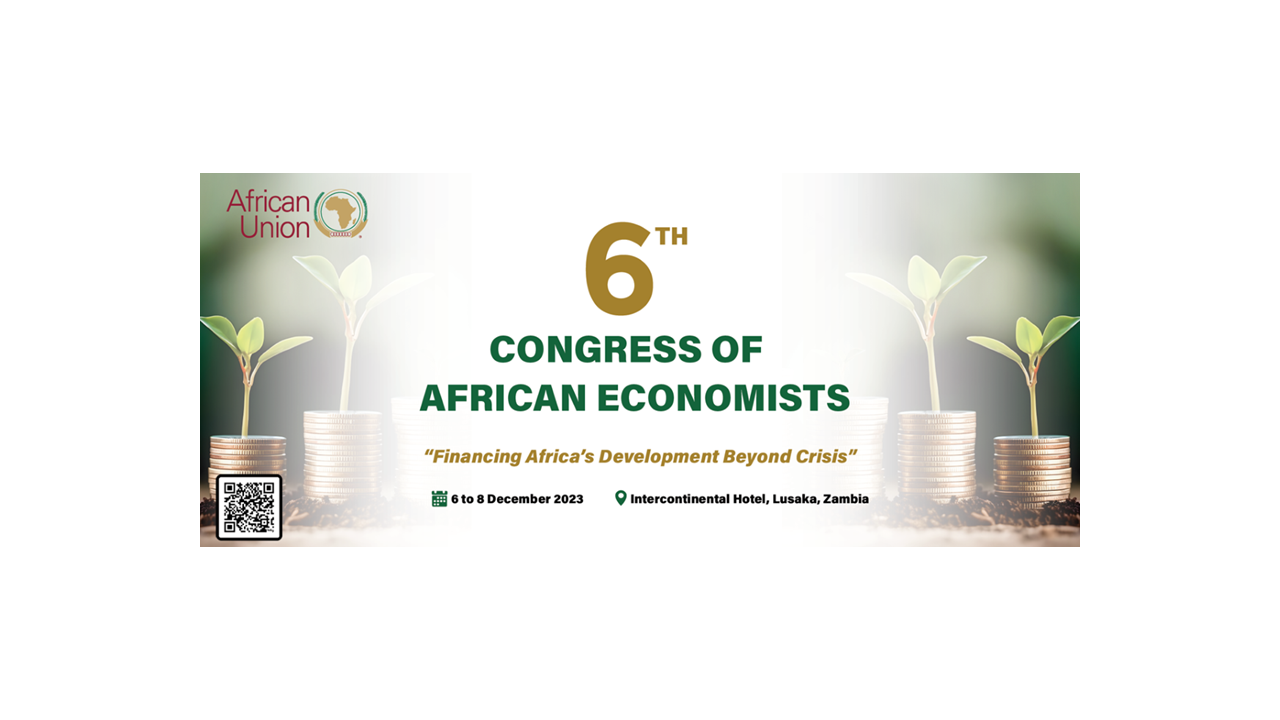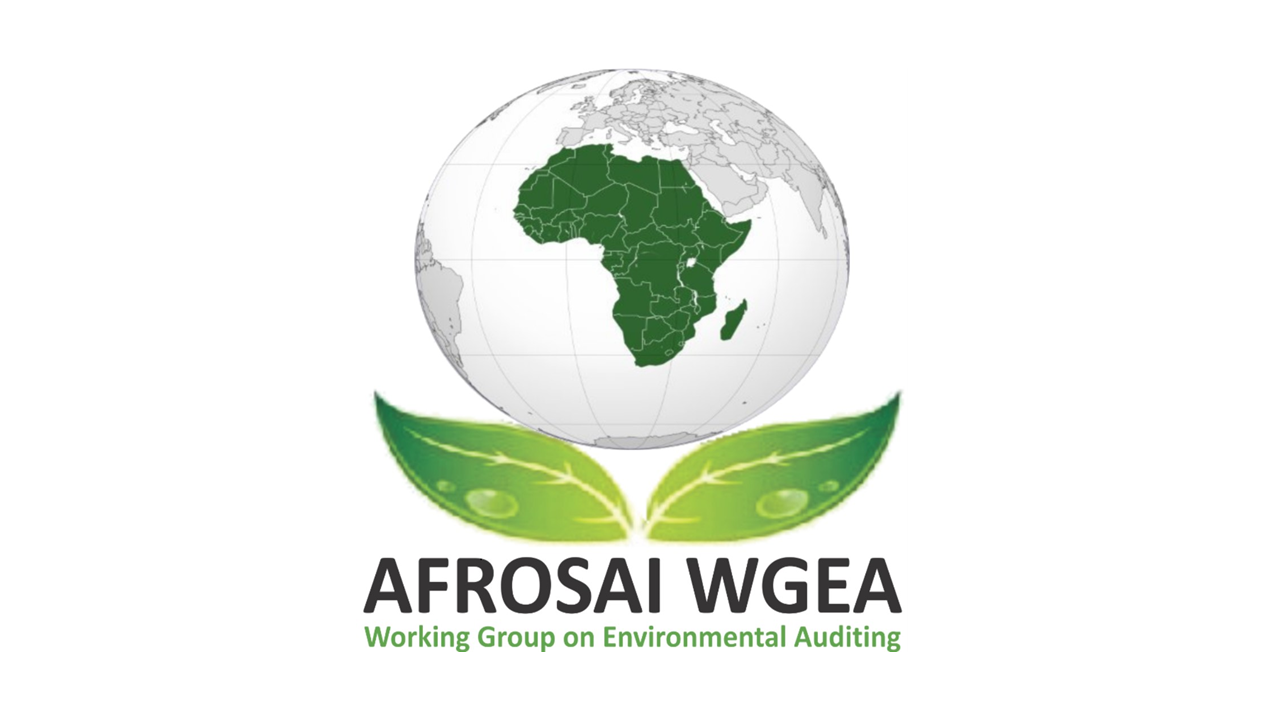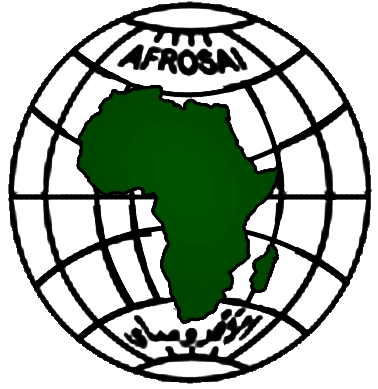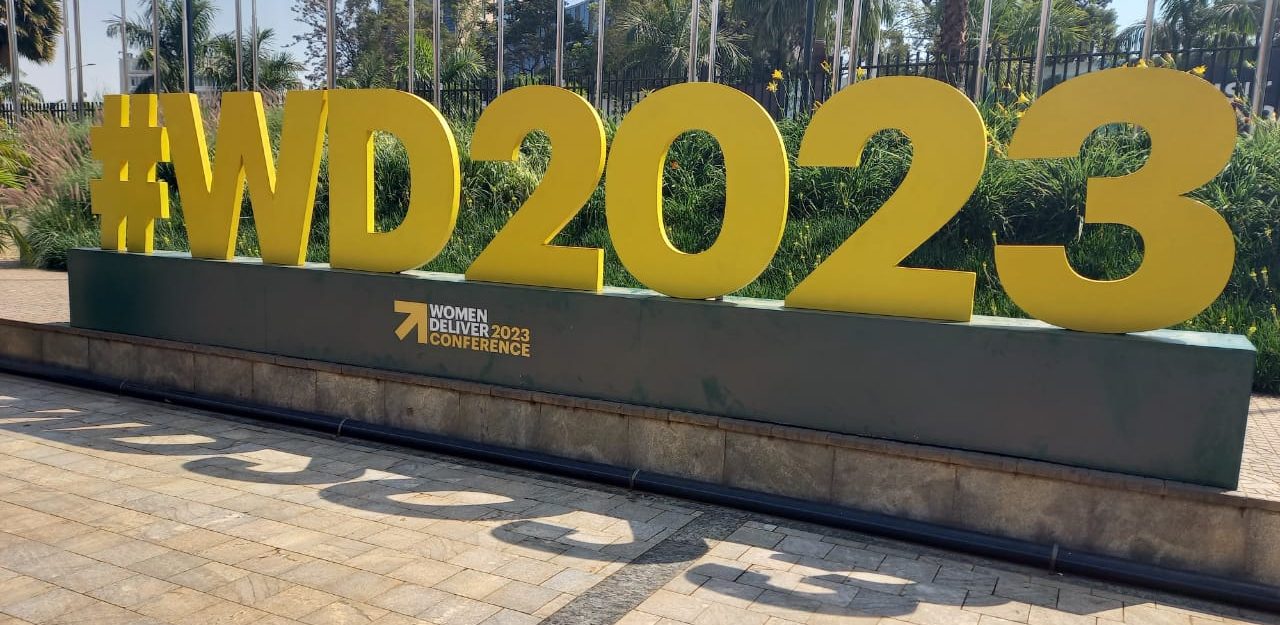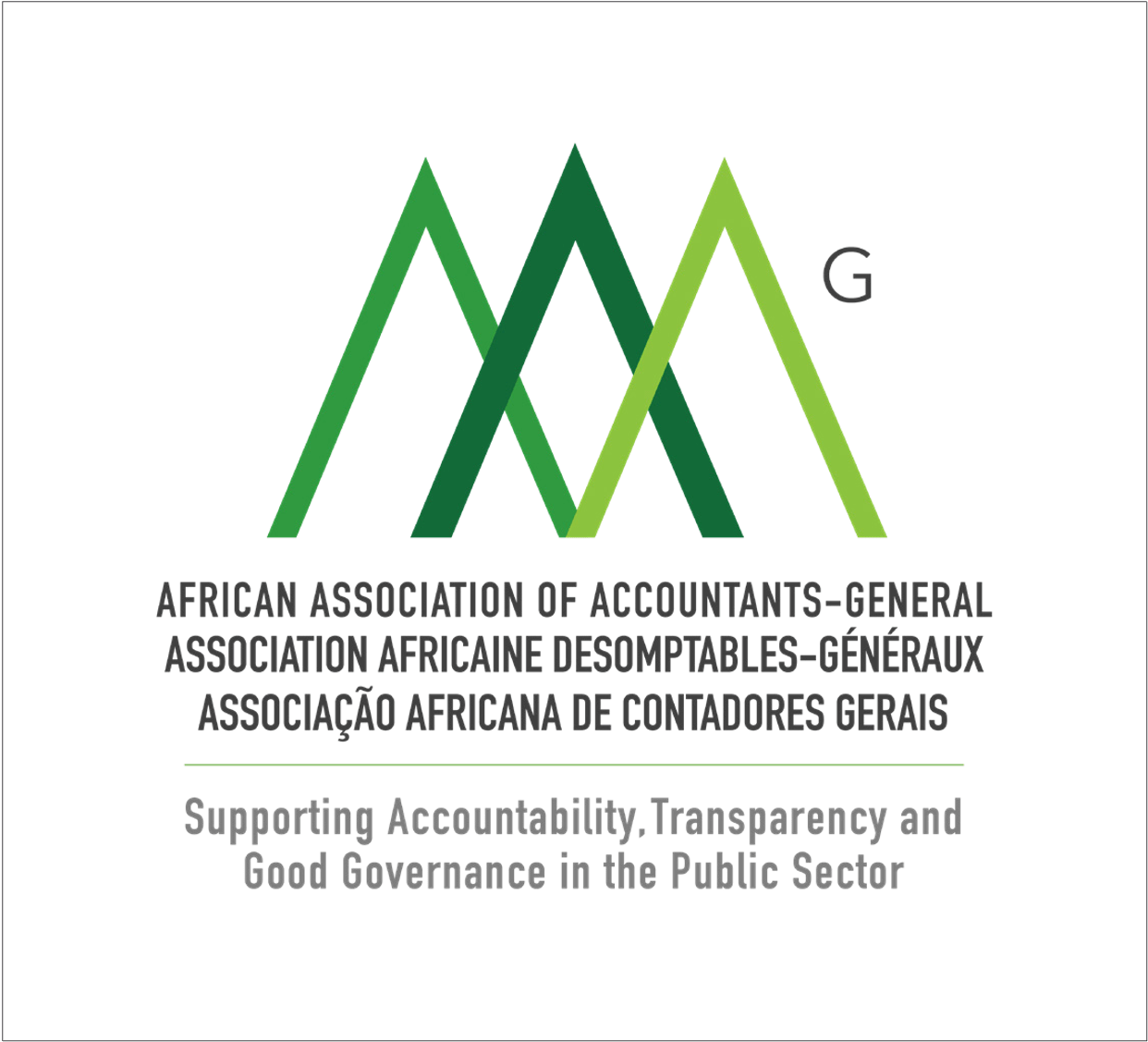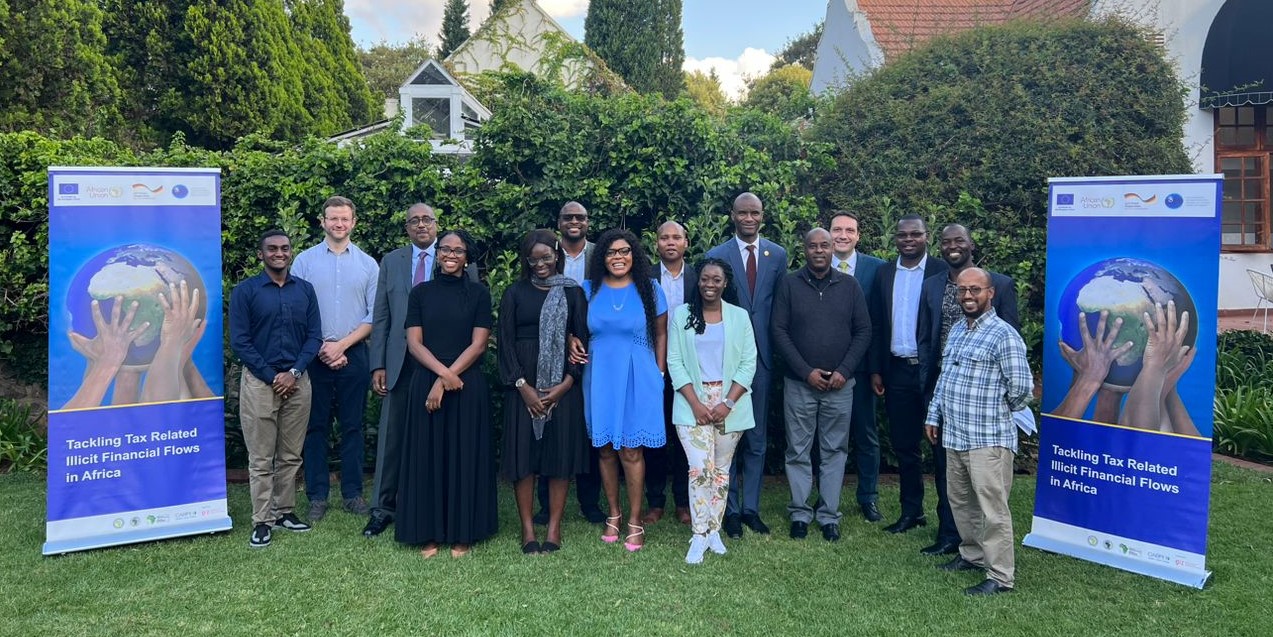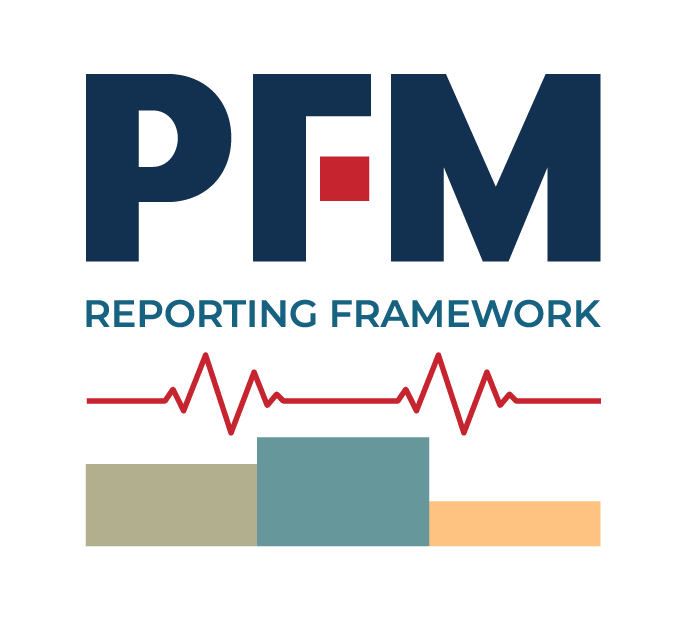Every two years, The African Union Commission (AUC), Department for Economic Development, Trade, Tourism, Industry, and Minerals (ETTIM) organizes the Congress of African Economists (CAE). The CAE of the AUC is a platform for African economists to share research analysis on topics pertinent to Africa’s economic development. The 6th edition was hosted in Lusaka, Zambia […]
By Juvenal Habiyambere The issues of Environment and sustainability have become topical and constantly bringing discussions around the globe. Selecting “Auditing climate change impacts, mitigation, adaptation and resilience” as the theme for the 11th AFROSAI-WGEA annual meeting proves how important it is for the WGEA to provide SAIs with basic knowledge underpinning the phenomenon and […]
Illicit Financial Flows (IFFs) pose a huge challenge on economic and social development as well as political security on the continent, particularly in resource rich countries and in fragile and conflict affected states. Following the publication of the High-level Panel report on IFFs, 2015 that brought to light the outflow of illicit funds estimated to […]
By Marie-Chantal Ingabire, Women Deliver is a leading global advocate that champions gender equality and the health and rights of girls and women, in all their intersecting identities. One of the main activities of the Women Deliver is a global conference which takes place every 3 years across the word. This initiative started in 2007 […]
By Lawrence Gqesha The African Association of Accountants General (AAAG) was officially launched in Mombasa, Kenya from 3rd to 5th July 2023. The objective of the launch was to finalise the transition from The East and Southern African Association of Accountants General (ESAAG) to AAAG, to create a Pan African Association that represents Africa in […]
The Women Deliver 2023 Conference (WD2023) will take place in Kigali, Rwanda and from 17-20 July 2023. Women Deliver is a leading global advocate that champions gender equality and the health and rights of girls and women, in all their intersecting identities. This year, the Good Financial Governance in Africa programme will be participating at the conference […]
By Prudence Ngoujou, The African Union Commission organised a workshop on the Operationalization of the African Union Tax and Illicit Financial Flows Strategies from 3 to 6 April 2023. The meeting was held in Pretoria, South Africa and brought together various stakeholders in the sphere of Illicit Financial Flows (IFFs) in Africa including African Forum […]
By Malte Boehm The African Organisation of English-speaking Supreme Audit Institutions (AFROSAI-E) and GIZ-Good Financial Governance in Africa Programme (GFG) implemented a refresher course on the Public Finance Management (PFM) Reporting Framework in November 2022. The PFM Reporting Framework is a tool for Supreme Audit Institutions (SAIs) to strengthen its contribution to holistic PFM reform […]
Members of Parliament across Africa gathered in Liberia for the African Organization for Public Accounts Committees (AFROPAC) 4th General Meeting and Symposium from 31 October 2022 – 04 November 2022. AFROPAC comprises of Public Account Committees in African legislative Assemblies in enhancing parliamentary oversight. On the first two days, AFROPAC held its symposium under the […]
The 7th African Tax Research Network (ATRN) Annual Congress took place in Accra, Ghana from 5th to 7th September 2022. This year the vibrant discussions were based on the Tax and Revenue Implications of the African Continental Free Trade Agreement (AfCFTA). The congress was organised by the African Tax Administration Forum (ATAF) and Ghana Revenue […]


